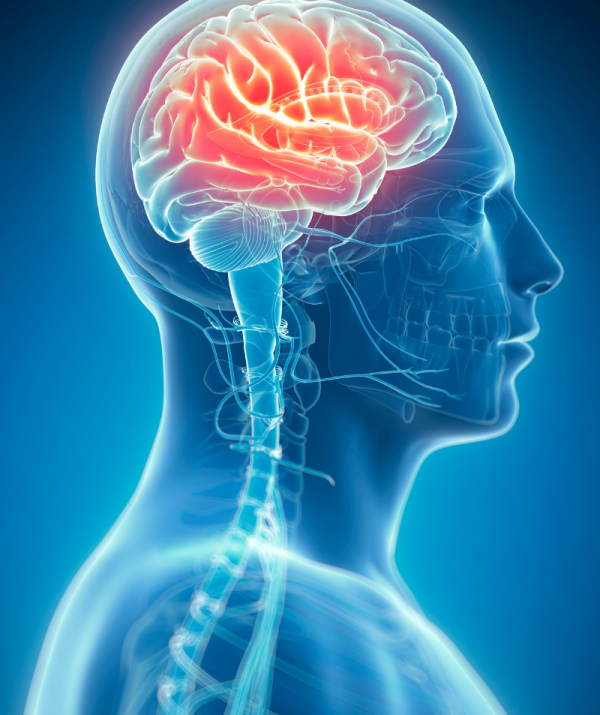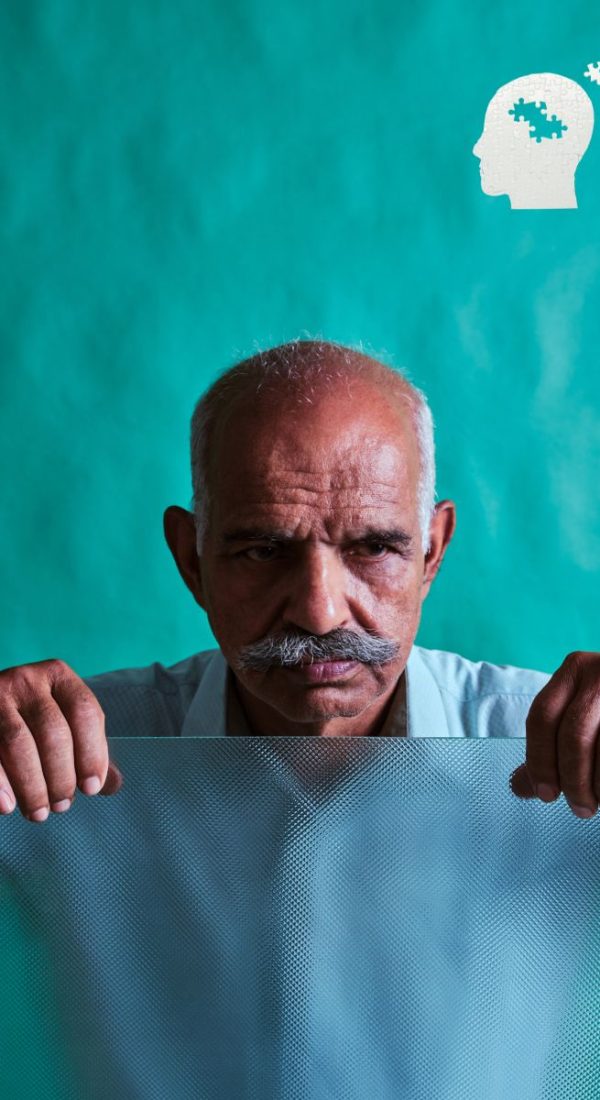Dementia Treatment
MBBS, MS (General Surgery), M.Ch. Neurosurgery. A neurosurgeon with over 10 Yrs. years of experience Awarded as the best resident in Neurosurgery and was a regional & zonal winner at TYSA neurosurgery.
Alzheimer’s disease and dementia disorders constitute an actual health hazard for older adults living nowadays. While these cognitive disorders worsen community health all over, put people and entire families in desperate states, and see that healthcare systems are everywhere under pressure, there is a need for more understanding of the uniqueness of these conditions.
Through this in-depth investigation, we will uncover the complexity of Alzheimer’s and dementia and their states of depiction, hazards, and treatment prospects. We will also address the sight yet significant difference in dementia and Alzheimer’s disease.
Understand Alzheimer’s Disease and Dementia:
Dementia and Alzheimer’s Disease are subtle and late-night diseases; they are progressive neurodegenerative disorders characterized by a too-severe onslaught of memory loss, cognitive decline, and behavioral alterations. It is the most common disease that will happen to your brain at the end of your life, among 60-80% of the dementia cases in the world.
On the other hand, dementia is a general term that means an array of conditions that cause problems with memory, thinking, and behavior, with the situation gradually worsening. Alzheimer’s disease, as well, shapes its position among several types of dementia, which include vascular dementia, Lewy body dementia, and frontotemporal dementia.
Related Treatments
- Brain Tumor Surgery
- Neuro Infections
- Spine Disorders
- Cerebral Palsy
- Dementia Treatment
- Stroke Paralysis
- Brain Hemorrhage Treatment
- Parkinson’s Disease
- Dementia Treatment
Symptoms of Alzheimer’s Disease and Dementia
The patterns of symptoms occurring as a result of Alzheimer’s disease vary throughout the progression stage of the disease and the blood vessels affected.
Some Commonly Observed Symptoms are as Follows:
Memory loss: Recurrent amnesia, notable recent memory loss of events or details, and some common dementia symptoms.
Language difficulties: Patients often face stratification when creating suitable phrases or perceiving speech properly.
Impaired judgment and reasoning: Dementia and Alzheimer’s disorder could affect decisions and problem-solving practices.
Brain Tumor Symptoms
- Headaches
- Cognitive changes
- Locomotor changes
- Sensory changes
- Speech & language difficulties
- Vision changes
- Personality & behavior changes
- Balance & coordination problem
- Fatigue
- Seizure
Contact Dr. Pranjal Pandey Today
Risk Factors for Alzheimer’s Disease and Dementia

While the precise etiology of Alzheimer’s disease and dementia remains elusive, several identifiable risk factors have been elucidated:
Age: As age increases, chances of Alzheimer’s and dementia also become more probable or are indicated as the major risk factors.
Genetics: your heredity can also bring you these neural ailments. A DNA test would be better to check the relative’s history of Alzheimer’s or the genetic mutations; if they are present, they can increase the chance of Alzheimer’s returning.
Lifestyle elements: Sometimes, making the wrong dietary choices, cold temperatures, and being inactive raise the chances of cognitive slowness.
Cardiovascular health: Dementia risk factors such as hypertension, diabetes, and obesity have proven to have solid correlations with dementia and can generate dementia disease symptoms in the long run.
Traumatic brain injury: Head lesions, especially the ones that lead to fainting or other symptoms of unconsciousness, are often correlated to a high rate of dementia in the future.
It is the task of each of us to work on changing the modifiable risk factors through lifestyle changes and medicines to prevent Alzheimer’s disease and, consequently, dementia.
Treatment Options for Alzheimer’s Disease and Dementia
While curative measures for Alzheimer’s disease and dementia remain elusive, several treatment modalities exist to alleviate symptoms and enhance the quality of life. Dr. Pranjal Pandey, a celebrated neurologist in Delhi, has exceptional expertise in dementia disease treatment. Other individuals have different symptoms and severity; awareness and proper care are the safest armor against this social ailment. The doctor decides the treatment options and their implementations as per the dementia or Alzheimer’s disease symptoms.
Medications: Cholinesterase inhibitors and memantine are the two main treatments prescribed by physicians for the alleviation of cognitive symptoms and more effective action against Alzheimer’s disease. However, it is advisable to refrain from taking dementia medications without the prescription of a certified neurologist.
Cognitive therapies: Neurologists worldwide firmly believe that cognitive therapies are a significant part of dementia treatment. Cognitive stimulation therapy and reminiscence therapy are all relevant activities that maintain mental functioning and lift the individual’s well-being.
Lifestyle modifications: Adopting healthier behavior principles, such as watching one’s diet, exercising, participating in activities with others, and stimulating the mind, can have a direct effect on the brain and, as a result, diminish the risk of dementia.
Supportive care: Caregiver support programs, respite care, and day centers are among the tools that supply the needed help in terms of practical assistance and emotional solace to family members who are balancing between everyday life and Alzheimer’s disease.
Clinical trials: Participating in clinical trials for promising medications and methods will likely change the social perspective regarding Alzheimer’s disease and dementia treatment paradigms. Trials help discover significant challenges and breakthroughs and define prominent Alzheimer’s and dementia symptoms.

Contact Dr. Pranjal Pandey Today
Conclusion
Alzheimer’s and dementia are the substantial challenges that our community has to deal with today. It is possible to facilitate the knowledge of their symptoms, risk factors, and treatment choices, as well as early detection and effective intervention and support.
Alzheimer’s Specialists like Dr. Pranjal Pandey in Delhi and experts worldwide are doing their best to treat patients with dementia and Alzheimer’s disease symptoms with whatever resources and facilities are available.
Of course, no universal remedy is available yet, but the research efforts and remedial initiatives provide some optimism. By striving with concentrated efforts that are toward putting more emphasis on early signs of aging, promoting healthy hospitality, and also redirecting resources to research and support endeavors, we can improve the health condition of those who have dementia.
Until accurate treatments are attained, awareness and empathy are the best practices that we can pursue to make the sufferers of neurological disorders feel included and cared for. Empathy towards the elders and their behavioral change, often overlooked as aging, can help detect early symptoms that, in turn, can strengthen the treatment and accelerate recovery.
